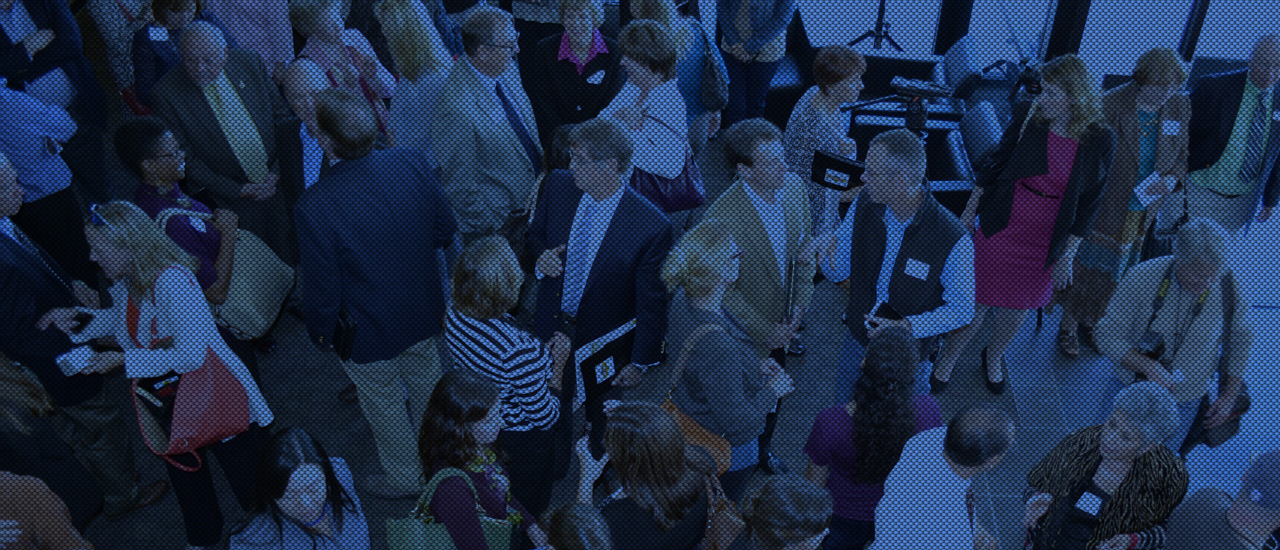
Inhibits Legitimate Behaviors and Choices

The price of lawful public dissent must not be a dread of subjection to an unchecked surveillance power. Nor must the fear of unauthorized official eavesdropping deter vigorous citizen dissent and discussion of Government action in private conversation. For private dissent, no less than open public discourse, is essential to our free society.
DESCRIPTION
“If you have nothing to hide, you have nothing to fear,” says one surveillance campaign slogan. But even if you have nothing to hide, being watched by the government can impact your behavior. Some people may avoid legitimate activities and make choices they otherwise wouldn’t have made.
For example, being watched by police cameras – even in crowded public places – causes people to become more self-conscious, even if they’re doing nothing wrong. After Washington, D.C. police installed a vast new camera system, columnist Jacob Sullum suggested that “[people] may put more thought into how they dress, lest they look like terrorists, gang members, druggies, or hookers.” A found high levels of anxiety and anger among Muslim Americans, one-fifth of whom believed they had been under government surveillance since the 9/11 terrorist attacks. Despite being cleared of any connection to terrorism, they could “never be certain the monitoring had ceased” and constantly “view[ed] themselves as likely targets of future surveillance.” They reported “adopting more avoidant and vigilant behaviors in response to the possibility of government surveillance.” Some took particular care to change their behavior around other members of their faith, suspecting that they might be government informers. Many even refused to discuss about their anxieties with fellow Muslims, fearing that just talking about them would invite more government scrutiny.
The police are not the only ones with access to surveillance information. Surveillance data collected by investigators is open to all as a public record. Even if the police don’t find your activities worthy of scrutiny, your boss, ex-partner, business competitor, or work rival might. Automatic license plate readers, for instance, collect and collate the location information of every car they capture. The mayor of Minneapolis-St. Paul, MN, briefly halted the city’s ALPR program when privacy advocates showed him how to create a detailed history of his own movements using license plate data.
Examples of Use
Recommendations
When government agencies consider acquiring and using surveillance systems, communities and their elected officials must both weigh the benefits against the costs to civil liberties and carefully craft policies and procedures that help to limit the negative effects that surveillance will have on fundamental rights. For a useful list of considerations, please visit the recommendations page.
